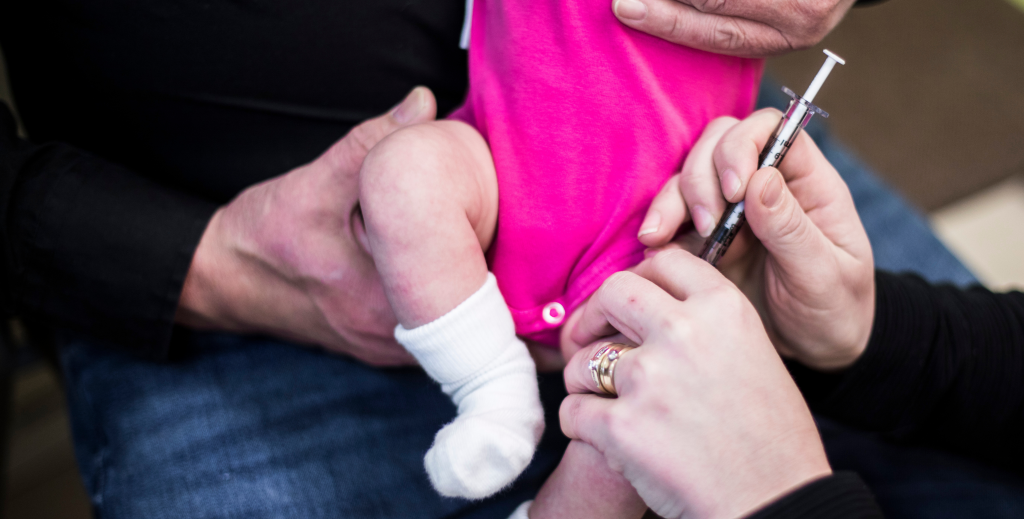
Virology Group
The Virology Group has a long experience in studies evaluating the role of viruses and other microbes in immune-mediated diseases including type 1 diabetes, asthma, allergy and celiac disease.
Background & Aims:
Immune-mediated diseases, such as type 1 diabetes, asthma, allergy and celiac disease, are increasing rapidly and there is an urgent need to find ways to control this epidemic and prevent the development of these diseases. The Virology Group is interested in the mechanisms by which microbes influence the occurrence of childhood-onset chronic diseases and seeks to develop measures to prevent these disorders by means of microbe-based interventions, including vaccines, immunomodulators and antiviral drugs.
People:
The Virology Group is a research team of approximately 25 investigators and laboratory technicians with expertise from the fields of virology, microbiology, molecular virology, and microbiome and clinical medicine. The research group is located at the Faculty of Medicine and Health Technology.
Research themes:
– Role of microbes in immune mediated diseases, such as allergy, asthma, celiac disease and type 1 diabetes
– Pathogenesis of enterovirus infections (epidemiology, diseases, immunological effects)
– SARS-CoV-2 (spread in high-risk spaces e.g., hospitals, effect of cleaning and antiviral materials)
– Microbe-based interventions, including vaccines, immunomodulators and antiviral drugs
Network:
The Virology Group has a wide international collaboration network and cooperates with several research institutions in Finland and abroad. The research group has active ongoing collaborations with Karolinska Institutet (Sweden), Baylor College of Medicine (Houston, Texas) and several other research groups. The group leads the European-wide and cross-Atlantic HEDIMED project (Human Exposomic Determinants of Immune Mediated Diseases) to identify disease mechanisms and environmental factors of type 1 diabetes, celiac disease, asthma and allergies. The group is also a partner of the EHEN project (European Human Exposome Network) that brings together 126 research groups in 24 countries to study the impact of environmental exposure on human health. Other international research networks include the TEDDY study (Environmental Determinants of Diabetes in the Young), which evaluates the environmental causes of type 1 diabetes and celiac disease in the US and Europe, and the nPOD study, which analyses pancreatic and other tissues collected from type 1 diabetic patients.
Learn more about the Virology Group.
Contact:
Group leader Heikki Hyöty, MD, PhD, Professor of Virology
Tampere University, Faculty of Medicine and Health Technology
heikki.hyoty@tuni.fi
+358 50 5168480
ARVO F317

